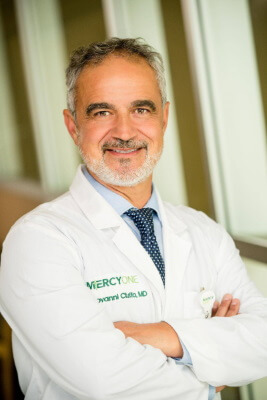Open heart surgery is a big decision to make and the most common type of surgery performed on adults. During the surgery, a healthy vein or artery is attached to a blocked coronary artery. This allows the grafted artery to bypass the blocked artery and bring fresh blood to the heart. Before one undergoes heart surgery they will start preparing, who will pick up their medicine when recovering, who will handle household responsibilities, and who will pick up their slack at work. One thing people might not prepare for is emotional changes after open heart surgery and how to stay positive during the recovery season.
Cardiac Depression After Open Heart Surgery
Up to 25% of patients experience cardiac depression after surgery. Factors that can increase the risk of depression include reactions to anesthesia, effects of antibiotics, pain and discomfort while recovering, reactions to certain pain relievers, emotional stress resulting from the surgery, or concerns about the impact on the quality of life.
We think of our mood as based on how we feel. But having a positive and uplifting outlook during recovery can improve your physical healing process. Emotional changes after heart surgery will occur but you have the power to captivate your thoughts into being positive and potentially help your recovery process. There are some strategies that can improve your odds of feeling good during recovery.

Reduce Emotional Changes After Open Heart Surgery
Knowing what to expect before, during, and after open heart surgery can help reduce depression symptoms and emotional changes after open heart surgery. This shows the importance of asking your provider any and all questions you have. Your physician wants you to feel comfortable before, during, and after the surgery. Some things to understand before surgery, how long recovery is likely to take, understand medications involved, a clear plan for follow-up appointments, and monitor any symptoms or changes.
The following items can reduce emotional changes after open-heart surgery.
- Get up each day
- Getting up each day can make a person feel more independent and in control.
- Reach out to friends and family
- Talking to loved ones can increase mood and make a patient feel not alone. Friends and family can also help with house cores that the patient can’t compete during recovery.
- Eating healthy
- Eating a healthy diet can make a person feel better physically and mentally
- Exercising regularly
- Moving the body can help one not develop depression. Exercise can increase energy levels and mood.
- Regular sleep routine
- Having a regular sleep pattern can make the body feel refreshed and not fatigued. It can also help with a persons well being.
- Expressing emotions
- After surgery one may feel frustrated, angry, or sad. Talking through emotions with a friend or a therapist can bring down these negative feelings.
Contact Us About Open Heart Surgery
Here at Minimally Invasive and Bloodless Heart Surgery, we are continuously evolving towards better outcomes and a minimally invasive heart surgery approach that is low impact and scarless. Our minimally invasive techniques have radically changed our patients’ heart surgery experience and postoperative recovery. We are here to educate and help you with your emotional changes after open heart surgery. Contact us to schedule an appointment.

